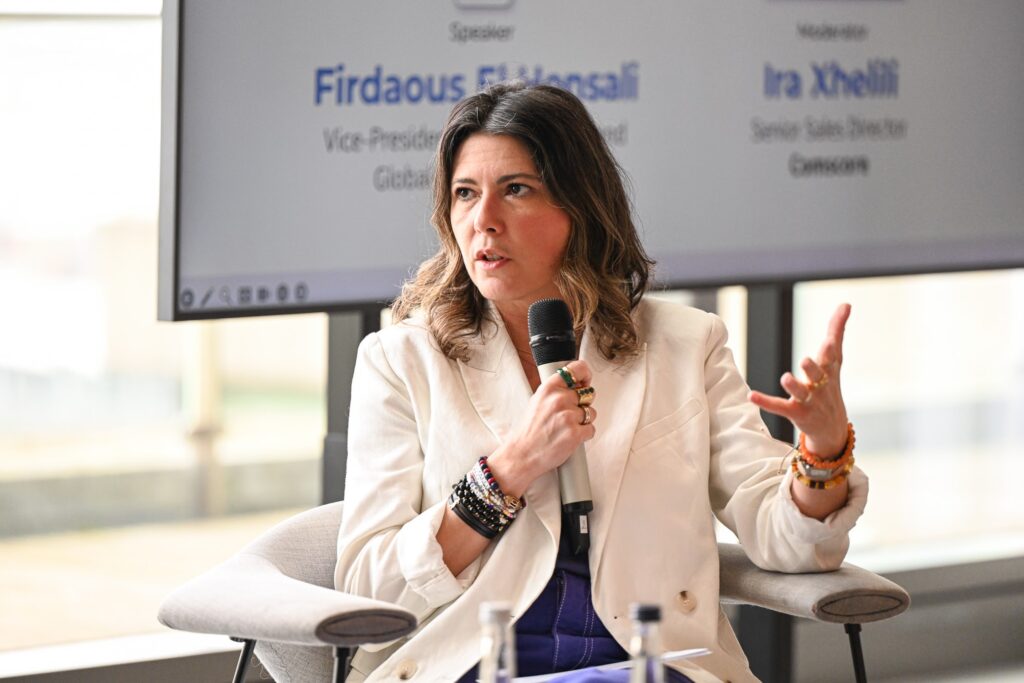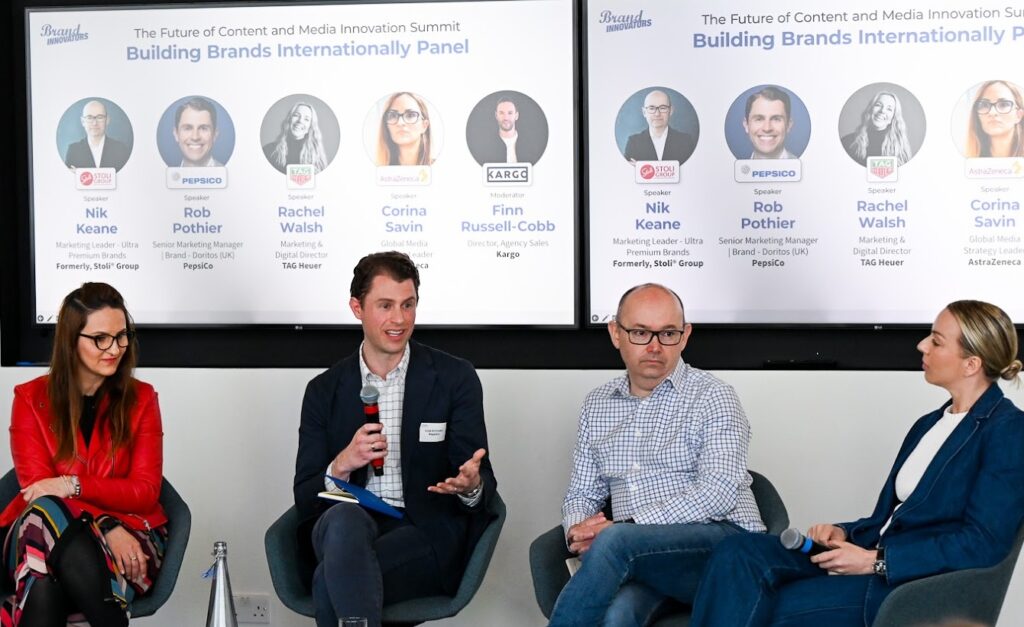BtoB marketing is no longer a stepchild. As evidenced by the sophistication, strategy and customer engagement tactics displayed at yesterday’s Brand Innovators BtoB Marketing Summit at SAP in New York, BtoB has evolved with speed and scale.

“In BtoB marketing customer experience matters,” said Marcella Shinder, SVP and Head of Global Marketing, Nielsen. “Our clients focus on design, usability and integration into their experience when they evaluate our products. Because of that, we focus on business outcomes. Outcomes make marketing accountable and that’s one of the biggest trends I see for BtoB marketing.”
Shinder was spot on. Many of the speakers at the event including several SAP executives and executives from Citigroup, IBM, Accenture, AMD and others consistently hit the concept of outcomes. Rather than live in its past practices of sales-driven customer acquisition and per-client-growth, BtoB has embraced more complex goals. Just like BtoC marketing, this level is focused on the outcomes of identifying customers, engaging with them and developing relationships. The outcome BtoB marketers want is to drive growth from a relationship-based strategy.
While outcome-based strategies carried the event, four other key takeaways developed:
1. Influencer marketing: BtoB brands deal with a smaller customer scale than consumer brands. But they ways they develop and then activate their influencer communities are no less innovative. Tina Cannizzaro, Global VP from IBM, told the audience that she has built a personal influencer list that she communicates with outside her IBM contacts that allow her to test marketing ideas and personally position new products. “It only took 43 influencers to launch Harry Potter,” said Lauren Lung, COO of OnDemand Books. “The key is not the numbers but how authentic you’re willing to be. Don’t bombard influencers. Understand who you want to reach and be authentic and relevant with your information.”
2. Staying on message: Several speakers addressed the tension between the freedom employees and customers have with social media and the need to control the brand message. Crispin Sheridan, Senior Director, Global Search, said that his company’s approach to a personalized online experience has generated more than 30,000 contributors, up to ten SAP thought leadership posts a day, and more than 25,000 incremental sales leads.
3. BtoBtoC: In theory, this has been called the “consumerization of BtoB.” Instead of focusing on one person that makes huge purchasing decisions, BtoB marketers are headed for the consumers of their products. Everyone at a company is an influencer. One of the most often heard phrases of the day was “glass buildings don’t buy products.” Said Merrick Rosner, VP of Business Development, Poppin, “BtoB consumers have the same expectation about how they’re being marketed to and BtoC. They want all the information they want, whenever they want it.”
4. Actionable Data: Not Big Data. Actionable data. Although BtoB companies are inundated with behavioral and purchasing data from their customers, speakers on Monday stressed owning the few bits of data that really matter to marketing. Naeem Randhawa, Senior Manager, VMware, presented a detailed look at his own company’s data definition project. Among the highlights: Data variables from customer were reduced from hundreds of thousands to 34; A focus on user engagement led to more than half of the content on the company’s site to be retired due to lack of use; analysis of user behavior showed that the fields of sales, technology and consulting were driving more than 80 percent of the traffic.
“Data capture is the most important part of BtoB marketing,” he said. “It is the beginning of any good marketing effort and the only way companies can focus on a constant view of marketing.”



